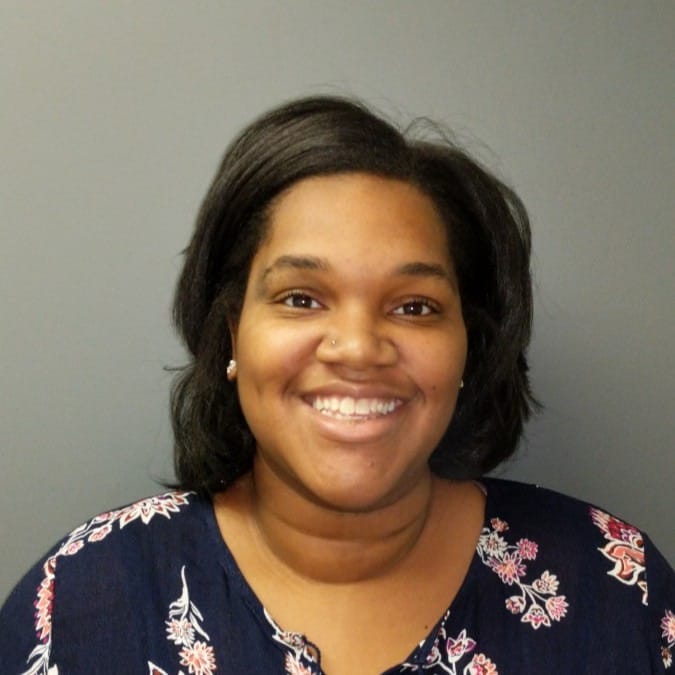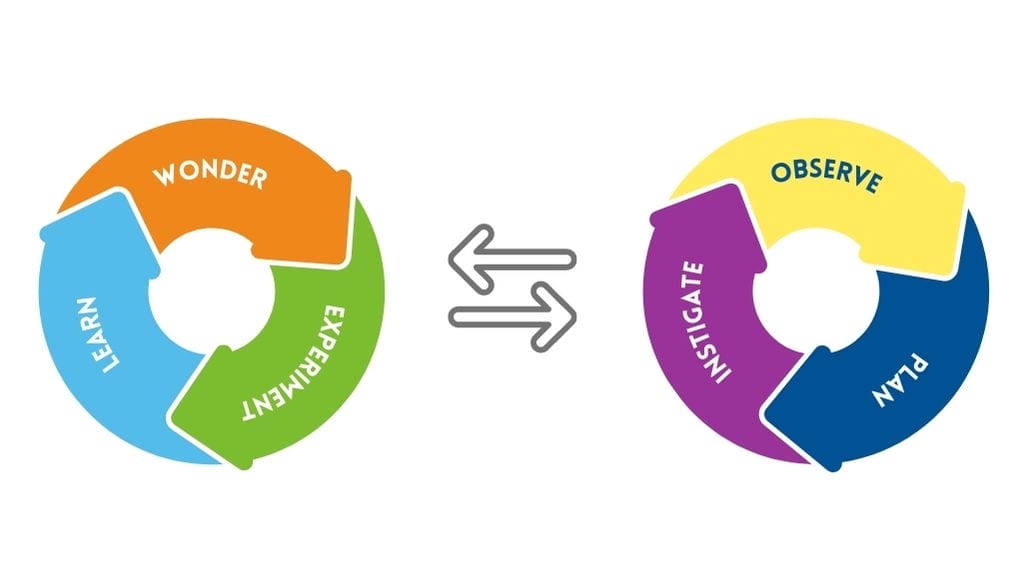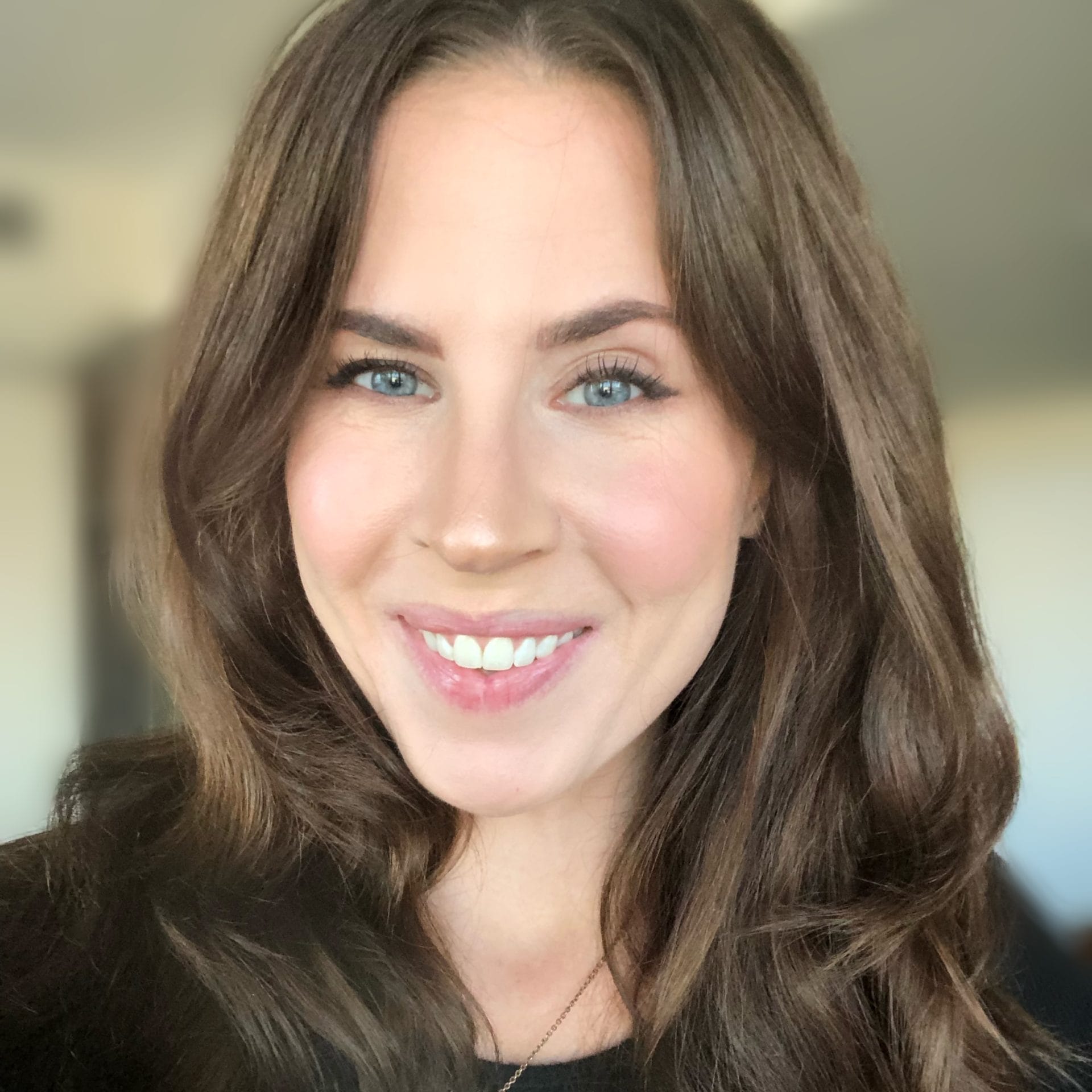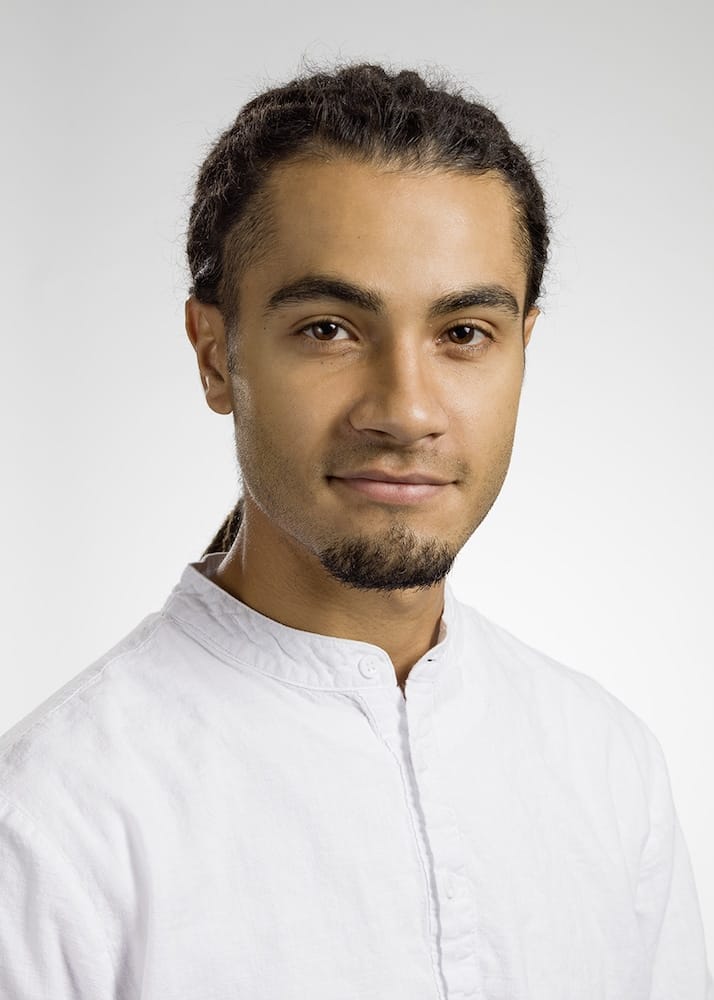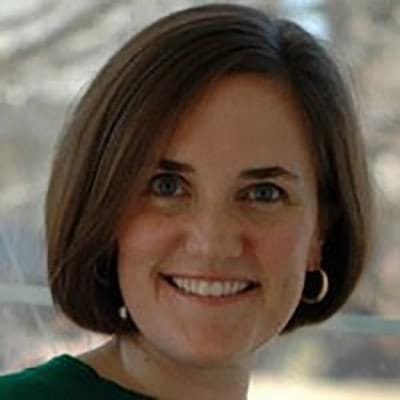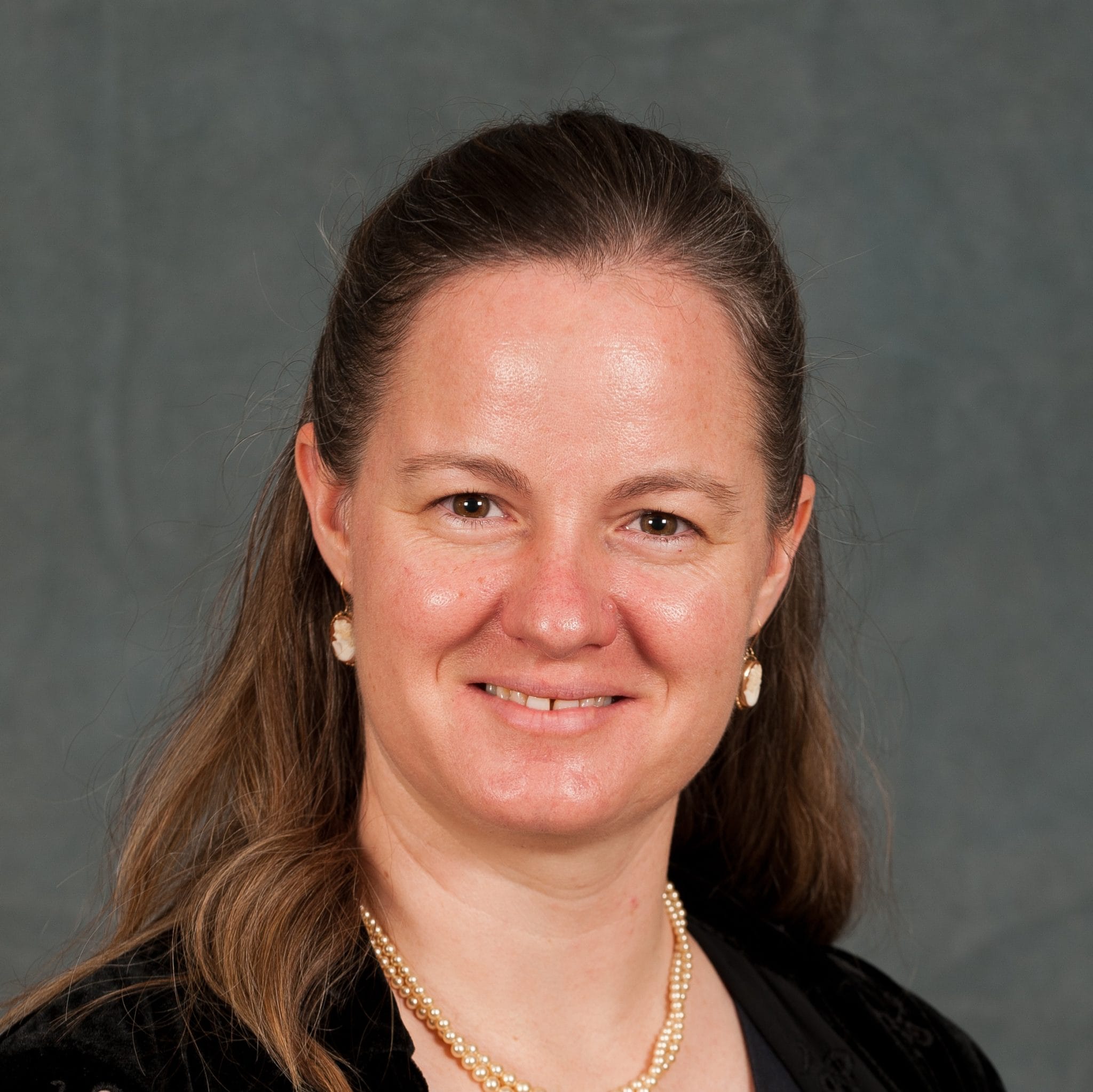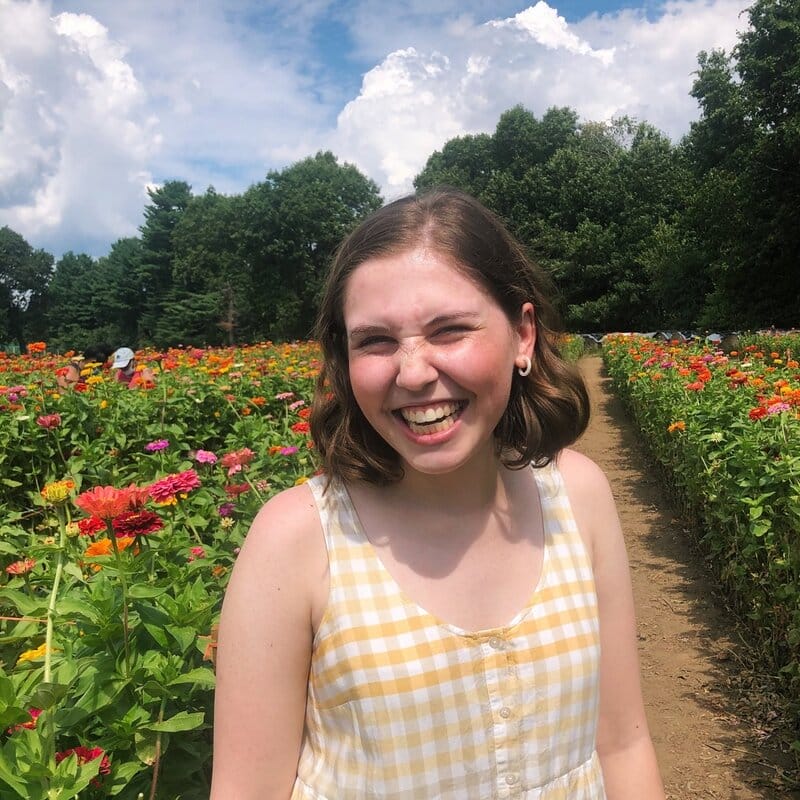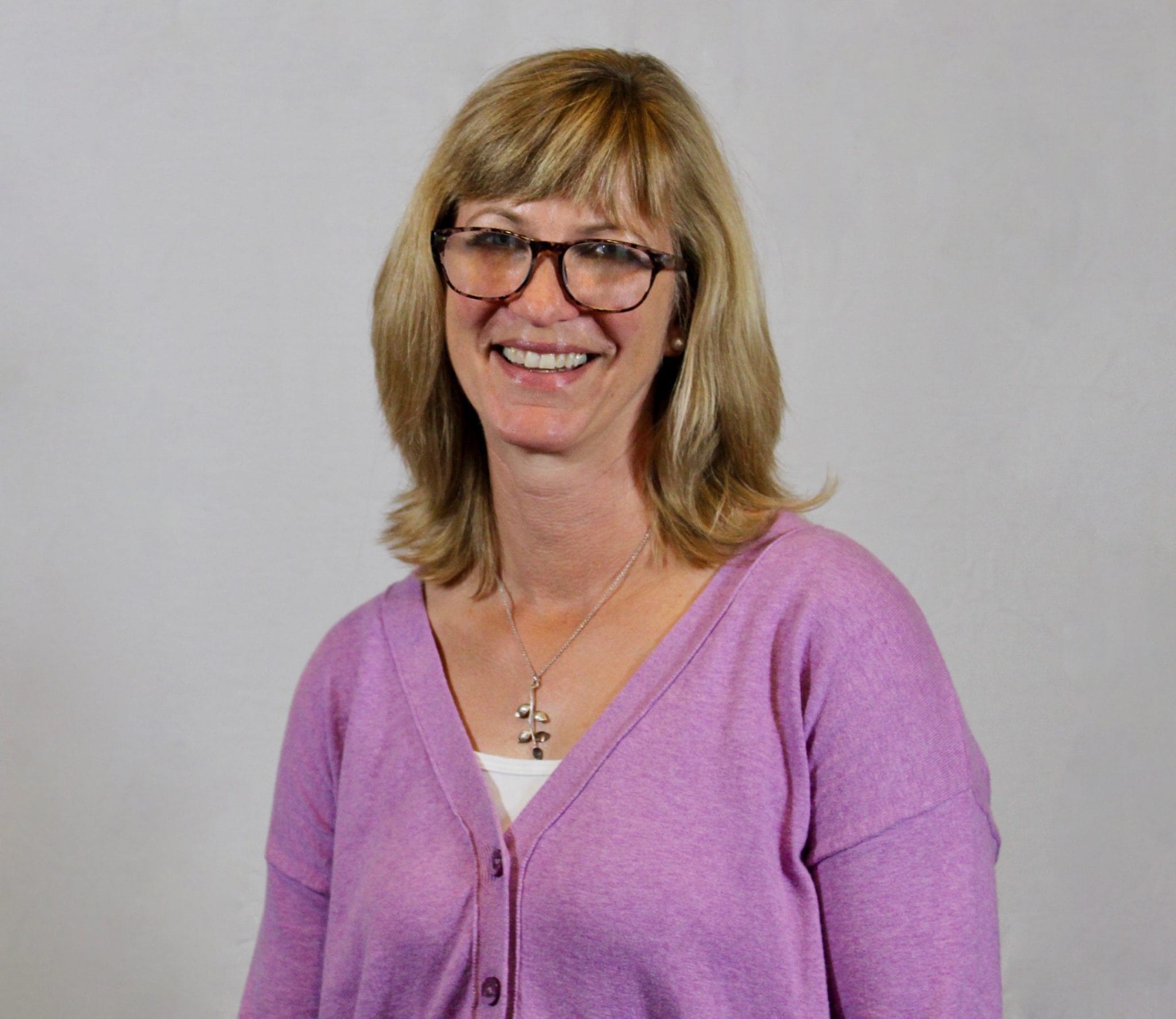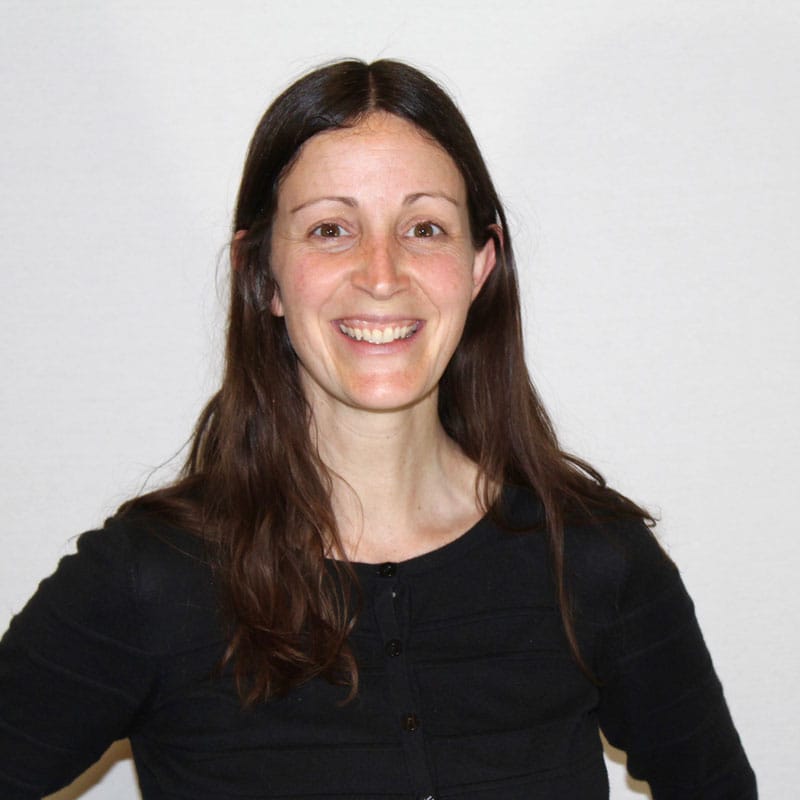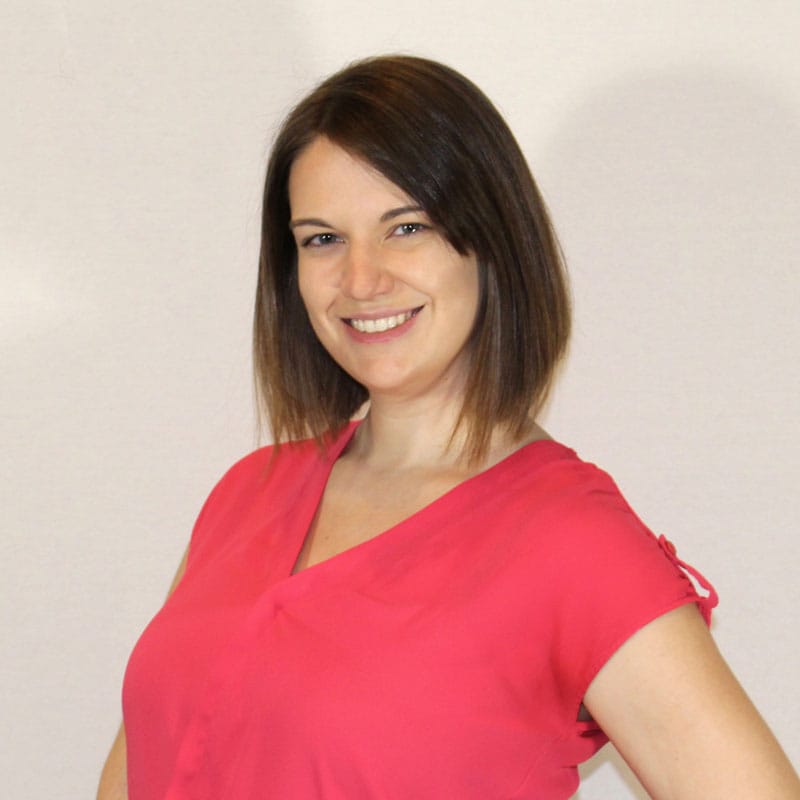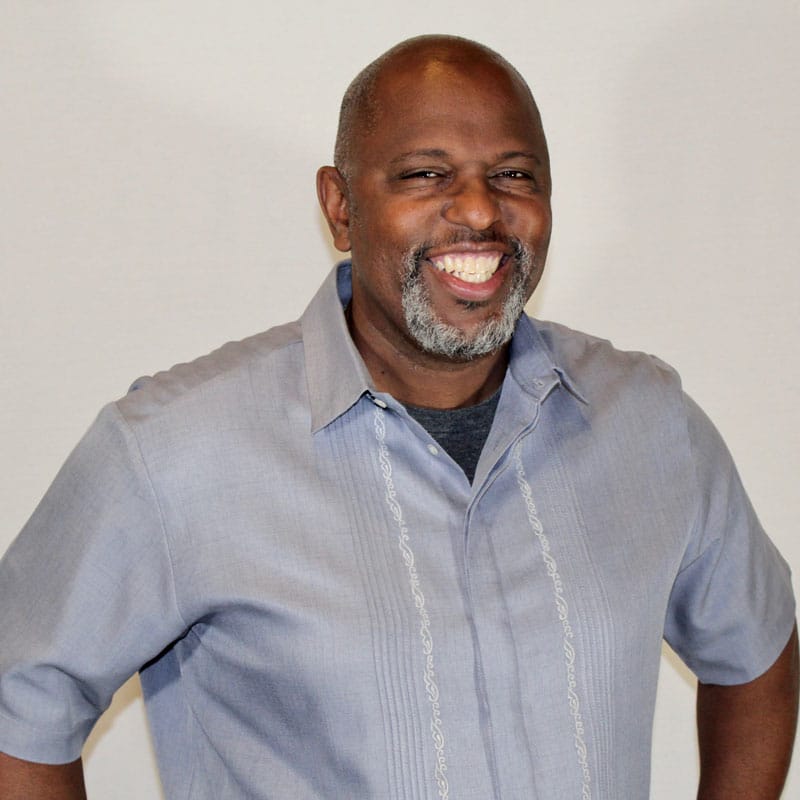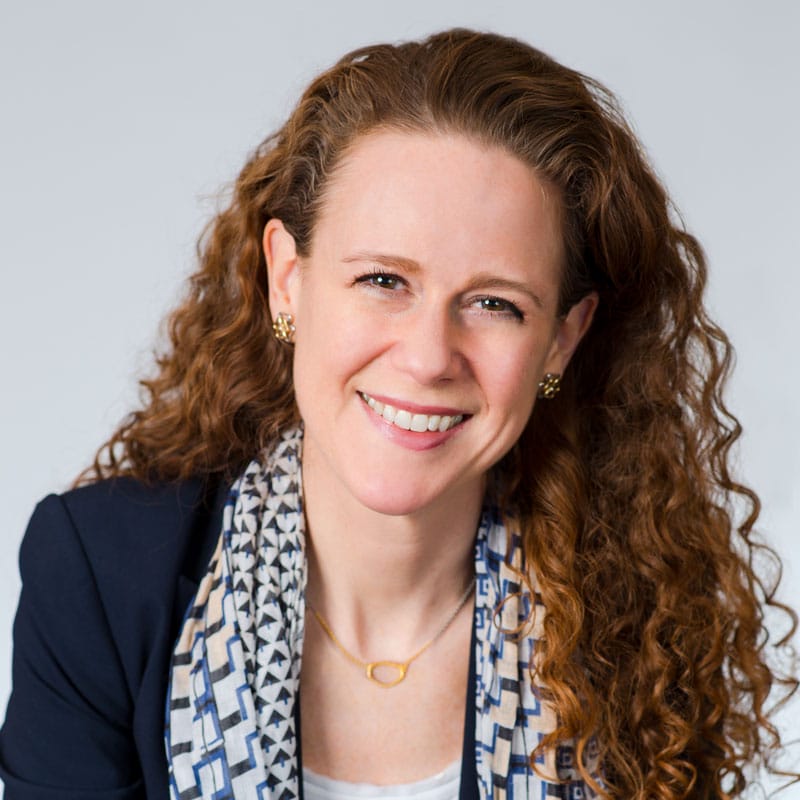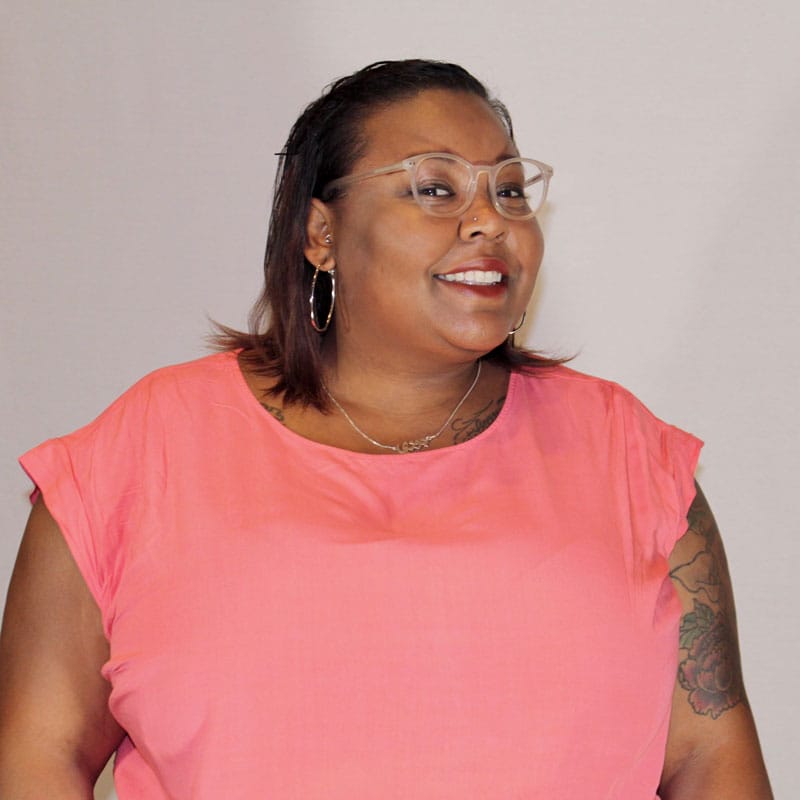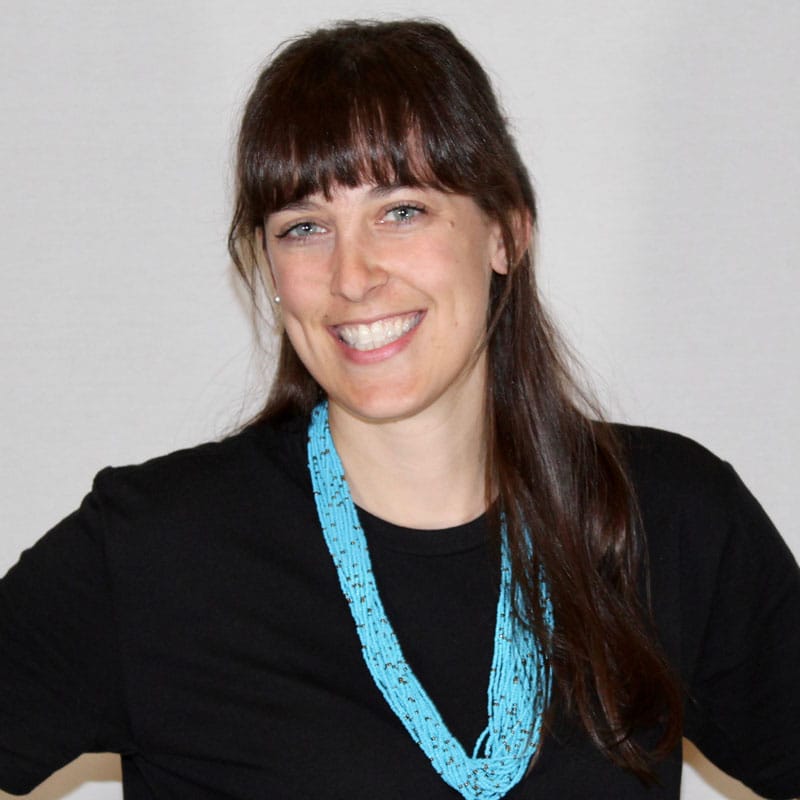March 11, 2016
This February, Inspired Teaching spoke with Mr. Oscar Ramirez, an alum of the 2003 Inspired Teaching Institute and a master educator with DC Public Schools (DCPS). The following is a condensed version of this conversation:
Inspired Teaching: How did you decide to become a teacher?
Mr. Ramirez: It’s more that I realized I was already teaching and that it was ok to choose to do it for the rest of my life.
At the beginning, when I was getting ready for university, I was sure I wanted to do something with computers. This is back when computers were new, and I had heard that you could major in computer engineering and programming. One week before I took the test to be admitted to university, I changed my mind and decided that what I really wanted was to be in communications. I had realized that what I liked about computers was helping others understand how to use them, not just setting them up and wrangling cords.
Eventually I discovered that being in communications means establishing connections, sharing ideas, and learning new ideas in the clearest and most comprehensive way. In communications, you’re always talking to certain people with the intention of informing them or you’re listening to people with the intention of learning.
I didn’t realize until after I was already producing TV and radio that my shows were teaching things. I wanted people to learn through the shows. I decided I also wanted to produce documentaries, and one of my mentors told me that if I wanted to be excellent at it, then I needed to understand pedagogy and how people learn because a documentary shares information, and you need to be able to make it very clear for it to be good. You need to understand how people learn at different ages and stages, and then you know how to shape your documentary’s message in the most effective way.
What my mentor never told me is that once you study to become a teacher you never want to stop. I’ve found my way to education, and I don’t think I will ever leave. And that’s my story.
How many years did you spend teaching?
15 years, more or less, in several different types of classrooms – not only public school classrooms and not just with young students.
What’s your role now?
For the last five and a half years, I’ve been working for DCPS as a master educator on IMPACT, which is a program to evaluate teachers and collaborate with school administrators. My specific role is to observe lessons using a rubric written by the District and then provide feedback for the teacher. I work within the language acquisition department, which includes teaching a new language, ESL, and bilingual programs. We also have six schools – seven next year – that are running bilingual and different type of immersion programs.
What do you find the most rewarding about working with teachers?
I think it takes me back to my start in education. I feel closely connected to many of the teachers I’ve met and observed. It reminds me of how I was helped when I was first in a classroom. At first, I didn’t really know what I was doing with students, and I learned and improved, and then I wished I’d known those things at the beginning. You think to yourself, “I wish I could go back and do it right.” There’s often a mentor who influences you, and I remember how I became more and more effective as a teacher because of my mentor. So when my current position opened up, I saw the potential for giving back.
In my teaching career, I was helped so much by different people I admire who helped me see different ways of touching the souls and minds of all the students I had every year. As a teacher, sometimes it’s difficult to consider the heavy responsibility you carry on your shoulders. Being a teacher isn’t just about teaching content – you’re also helping to form character and helping young people find themselves as individuals. What works for one student won’t necessarily work for everyone. And what works one year won’t necessarily work the next year. It’s a delicate balance, and it can be very stressful. If you truly believe in your students, then you take responsibility for their learning, and that is a big responsibility.
How did you find Inspired Teaching?
It was an accident like everything important that has happened my life. I feel like the most fortunate guy in the universe. Every accident has opened new possibilities for me.
When I moved to the states 13 years ago from Mexico, I was fortunate to find a position as a teacher at a bilingual school in DC. One day I saw a sign for Inspired Teaching’s “Workshop in the Artistry of Teaching,” the first name for the Inspired Teaching Institute. I spent my summer attending this workshop every day. It was so exciting to explore the creative possibilities that can be embedded in everything you want students to know and do. We also learned how to facilitate, encourage, and guide students to make that learning happen.
The workshop allowed our group of educators to center on ourselves, too. It allowed you to discover who you are as a learner and what helps you. Once you have that knowledge and understanding, you have so many more tools to connect with your students.
As an educator, why is it important to connect with your students?
It’s important because teachers are working with individual human beings. It’s not a mechanical process where you put the same thing in and then you get the same thing out. Sometimes, things don’t add up the same. There are different steps for different people and for different learning styles.
You’re talking about individuals. Every person is different, and your students are human beings who are all at different stages in their development. Whatever they are experiencing in their own inner worlds impacts how they’ll react to what they don’t know. A teacher is a bridge. You need to be a bridge to help each student get from Point A to whatever Point B needs to be.
Are there any takeaways from your time with Inspired Teaching that still impact your practice today? Any “ah-ha!” moments you still remember?
I think “ah-ha!” describes my whole experience with the workshop and Inspired Teaching. Even the name makes me think. I remember when the organization changed its name from Center for Artistry in Teaching to Center for Inspired Teaching. I appreciate that the new name encompasses both artistry and creativity and the science of teaching – the theory and pedagogy – you need to understand to be effective. Every year as a teacher you learn so much, and the next year you apply that knowledge. That’s the adventure of teaching.
As you look back on your career in education, what personal growth makes you the proudest?
I’d say the ability to see my failures. Not just to admit them, but also to understand why they happened and what I can do about them. You need reflection and inspiration to do that. You need to go through the self-evaluation process and reflect with commitment to determine what else you can do to meet your goals.
I’ve also learned always to keep the “why” in mind. “We’re going to do all of these things in this lesson. OK – why?” You can learn tons of strategies, ideas, and lessons, but all of those are empty if you don’t have a purpose. Having the greatest toolbox is meaningless if you don’t know what you want to build. You have to have a set purpose to get the most out of high-quality tools; great tools and resources – a smartboard, computers, laser beams, whatever you want to include – won’t on their own improve your teaching.
When you go into a classroom to observe, what do you identify as the characteristics of a really great learning experience?
I’m looking for the ability to connect individually with every student. I want to observe the teacher or leader identifying specifically where each student is in terms of the end goal and then determining the best way to get each student to that goal.
What would you say to someone trying to decide whether to take an Inspired Teaching workshop?
I would say, “don’t think about it, do it. Give yourselves the opportunity.” Inspired Teaching is going to challenge you and make you feel uncomfortable, and that’s part of the process. It’s necessary. To me, the key idea is confrontation. As teachers, we all have preconceived ideas of what teaching should be and what the teacher’s role should be, and then we get comfortable with that. But if you confront yourself, let yourself feel frustrated, and analyze and give yourself the chance to learn, then that’s how you grow as an educator. That’s how you learn how to reflect. That’s going to make this evaluation process more fruitful in the future, and Inspired Teachers do that constantly.
Inspired Teaching gives you many opportunities in the workshops and courses to build your skills in this critical process. Inspired Teaching isn’t about teaching you recipes or lessons that you should just implement in the classroom. Inspired Teaching is about sharpening teachers’ skills of reflection, self-awareness, and being open to every student and every opportunity.

